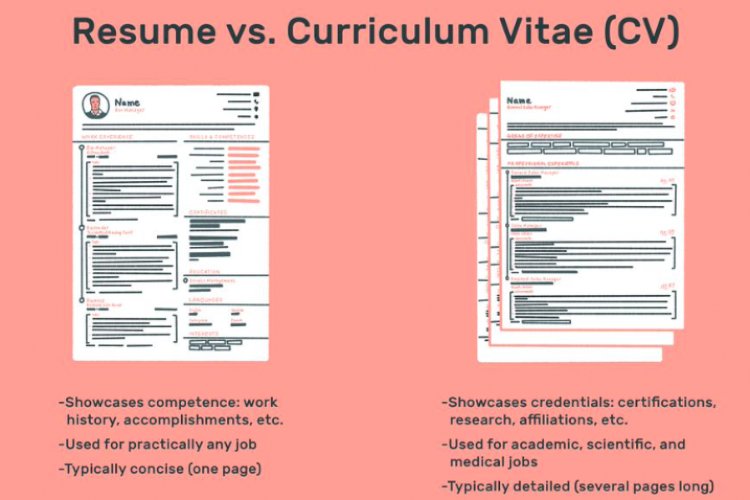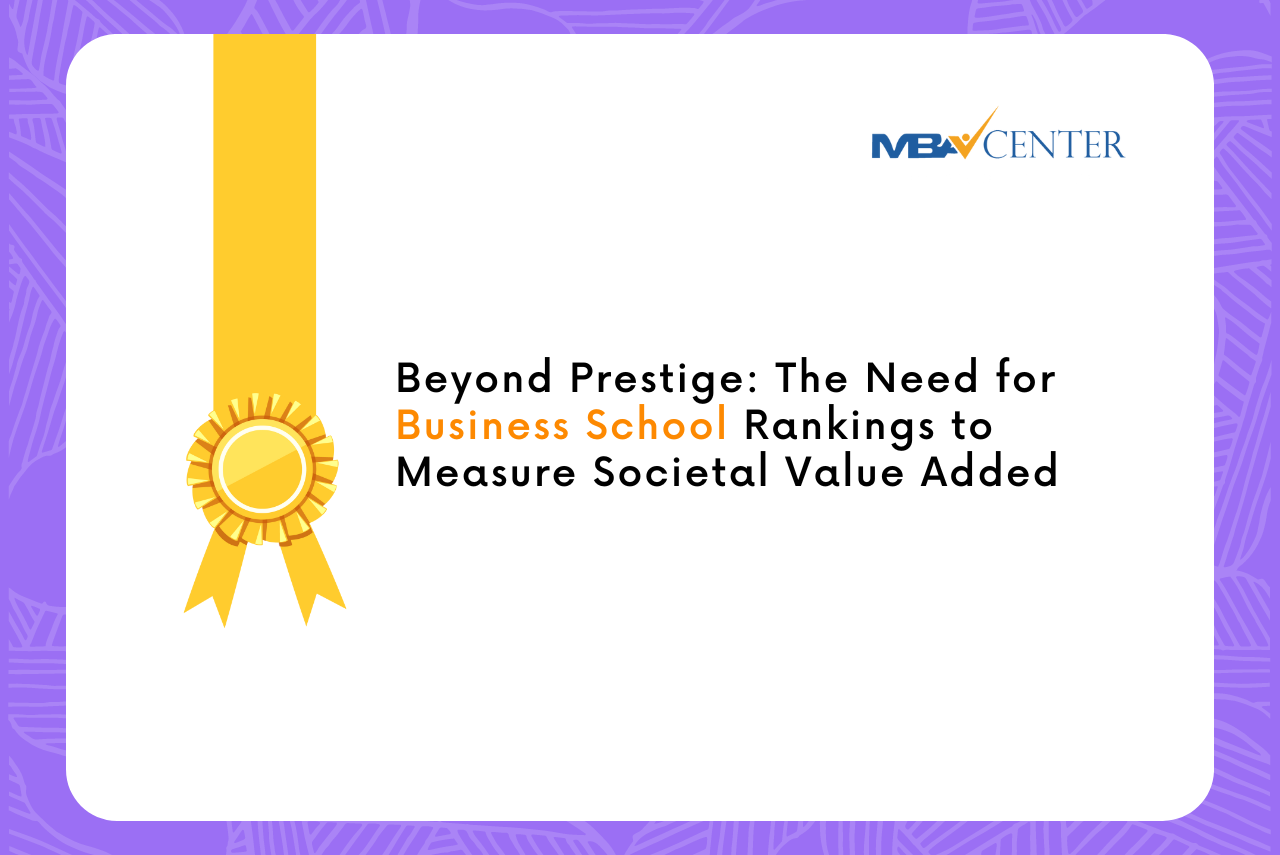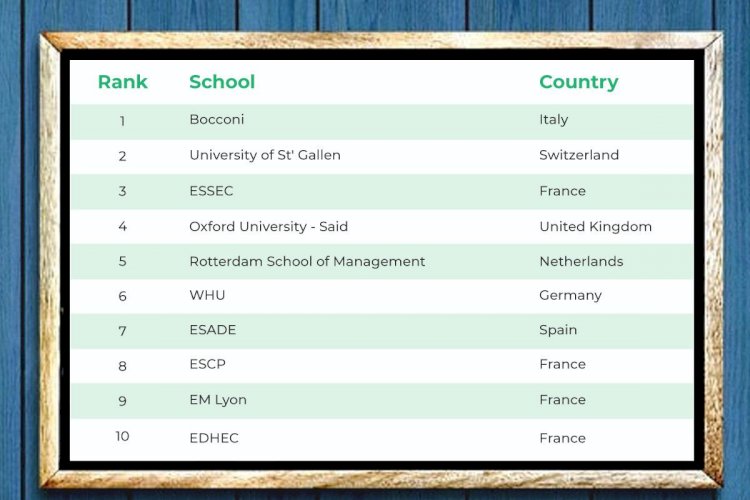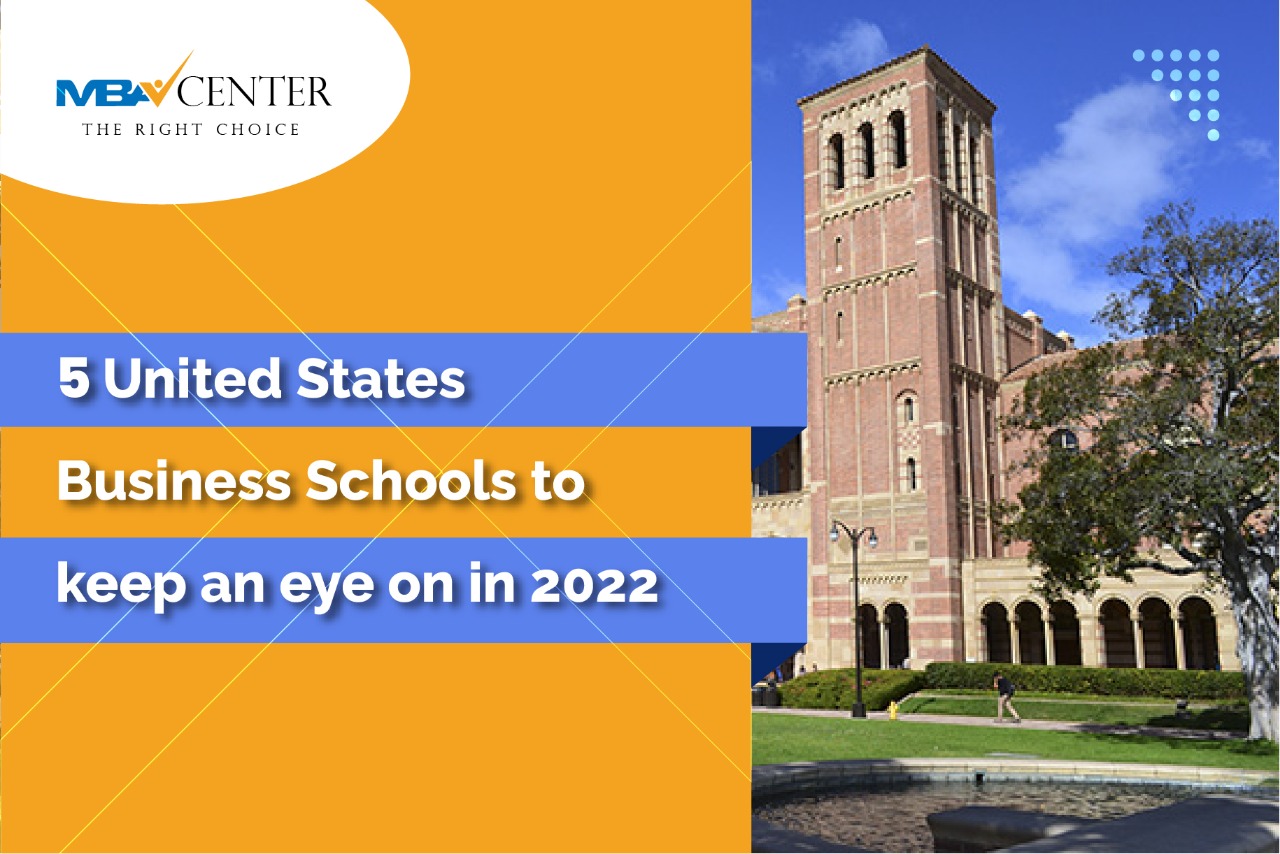
Do you want to study abroad, whether at a university in California, to follow a Masters in Cambridge or take language courses in Spain or Portugal? Many students dream of pursuing part of their studies abroad. A new environment, as well as another school on your CV, is likely to offer you an unforgettable experience. It also makes you stand out when looking for a job.
But what are the means to finance your studies abroad? And if you don’t have enough money, is it possible to get a loan?
If you want to study abroad, it is important to first list the costs and establish the budget you will need. You should know, for example, what will be the cost of your studies and your future accommodation? You should also consider food costs. For example, a sandwich in Norway is 84% more expensive than in Belgium, while it will be 59% cheaper in Macedonia.
- Financial possibilities
Studying abroad can quickly become expensive. If you know the total cost of your trip in advance (12 to 18 months), you can still save and try to collect at least part of this amount. Once you have a good overview of all your expenses, it is important to determine how you will finance them. Here are the different options available to you:
Use your own funds: Can your parents help you financially to study abroad? Do you have a savings account funded through a student job or grants? This remains the best way to pay for your stay abroad.
Applying for a grant: The only drawback is that you must meet a certain number of criteria and complete certain formalities before you can obtain it. You can apply to different scholarships within several organizations. We can cite various programs such as Erasmus Belgica, the AFS Foundation, the Belgian American Educational Foundation, the Rotary Foundation, Youth For Understanding, the Student Mobility Aid Fund (FAME), the Forem, etc. Do not hesitate to inquire about these scholarships to find out the conditions and methods of obtaining them.
Combine studies and work: Even if you have a reserve of money in your bank account, it may not be enough and you may need a little more money to finance daily life abroad. You can, for example, try to get a part-time job abroad.
If the above options are not practical for you, you can take out a student loan as a last resort.
- How do I get a loan?
Before you can get a loan, you must meet several requirements. First of all, you must be over 18 to be able to apply for credit. In addition, the banker will examine your financial situation to see if you have debts (outstanding) and if you are able to repay this loan.
The latter can be purchased under your own name or that of your parents. Students borrowing under their own name must be able to demonstrate that they have the capacity to repay. If you are unsure which type of loan is best for you, do not hesitate to use a comparison tool.
- How does a student loan work?
There are basically two different types of loans that can be adapted for young people wanting to study abroad: installment loan and opening of credit. These types of contracts are concluded between a financial institution (for example a bank) and the student.
Credit opening
If you want to withdraw small amounts of money where and when you want, without knowing in advance exactly how much it will be, opening credit can be a good choice. It can take the form of a credit card with an overdraft facility or a bank card with a line of credit or an authorized overdraft in your bank account.
With this type of credit, you, therefore, have the possibility of withdrawing money when you need it, several times during the duration of your contract and benefit from flexibility in repayment (subject to compliance with certain conditions). This credit is also renewable: the funds that you have used and reimbursed are immediately available again. However, with the zeroing period, you must fully repay the credit at least annually (for credit openings up to 3,000 euros) or once every five years (for those beyond 3,000 euros).
Installment loan
It is an alternative to opening credit. You pull a loan here for a predetermined amount and duration. You will, therefore, have fixed monthly reimbursements. The installment loan is particularly suitable when you have a substantial expense to make in one go (like the fees of your studies). So you borrow money and then repay the interest as well as the principal monthly.
- The repayment of your loan
A student loan does not usually have to be repaid immediately. You can even wait until the end of your studies.
However, it does not make sense to wait too long to pay off your credit since interest starts to run from day one. Knowing that your professional career will not start until some time after taking out the loan, it is essential to borrow only the amount that you really need for your studies and to repay them as quickly as financially possible.
About Hubert
Hubert (Hubert@mbacentereurope.eu) is the Founder of MBA Center, an elite test prep and admission consulting organization collaborating with the best test prep centers in Europe and India. Over the last 24 years, Hubert has developed the World MBA Tour and co-founded ACCESS MBA. Hubert’s passion is teaching, though. Holder of a perfect 800, Hubert has trained thousands of GMAT students, written and developed over 50 TOEFL, TOEIC, IELTS, SAT, and GMAT prep books, software and e-learning platforms.
Hubert has the most impressive track record in the industry with 3,000+ MIM, MIF, MBA, EMBA, and Ph.D. students accepted in the best universities in the world:
 MBA Center Global
MBA Center Global 
























